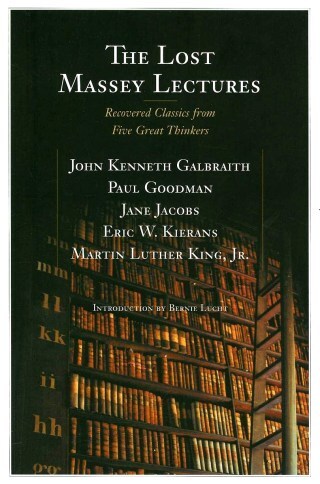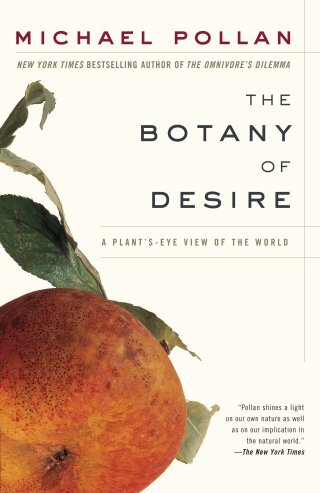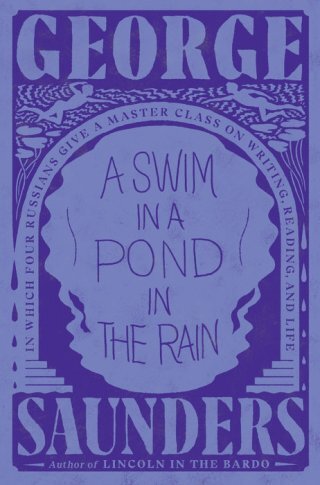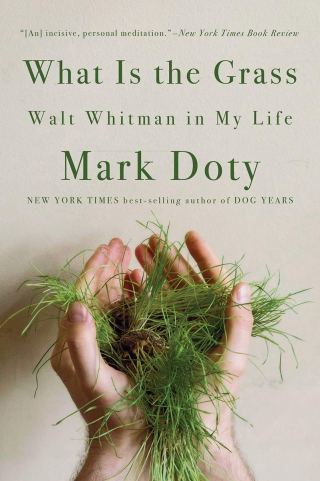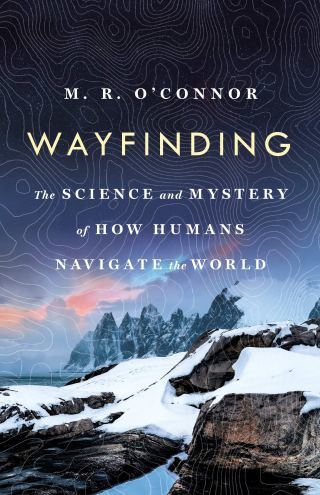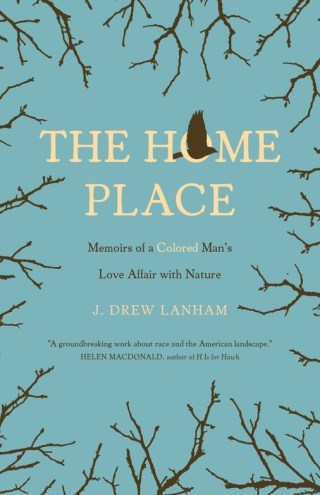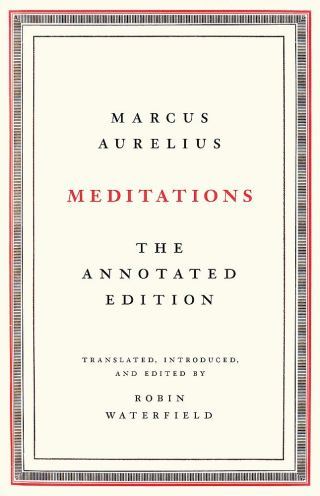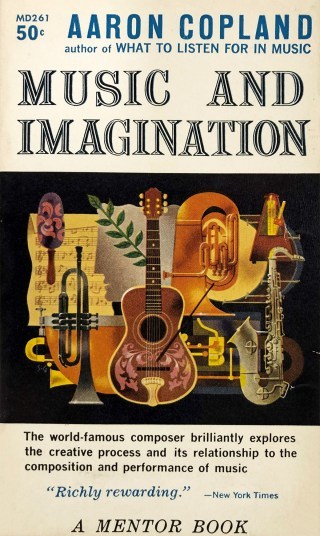Maria Popova's Blog, page 82
October 7, 2021
MLK’s Lost Lectures on Technology, Alienation, Activism, and the Three Ways of Resisting the System
“There is nothing quite so tragic as a young cynic,” Maya Angelou observed in her finest interview, “because it means the person has gone from knowing nothing to believing nothing.”
A decade earlier, in his 1967 Massey Lectures, Dr. Martin Luther King, Jr. (January 15, 1929–April 4, 1968) examined the forces that dispirit the young i...
Martin Luther King, Jr.’s Lost Lectures on Social Change and the Three Archetypes of Youth
“There is nothing quite so tragic as a young cynic,” Maya Angelou observed in her finest interview, “because it means the person has gone from knowing nothing to believing nothing.”
A decade earlier, in his 1967 Massey Lectures, Dr. Martin Luther King, Jr. (January 15, 1929–April 4, 1968) examined the forces that dispirit the young i...
October 3, 2021
Broken Tulips: How a Virus Gave the World’s Most Prized Flower Its Beauty
In 1634, Rembrandt painted his wife, Saskia, as Flora — the Roman goddess of flowers and spring. One large bloom droops over her left ear from the wreath crowning her head, dwarfing the other blossoms in scale and splendor — a single tulip, its silken petals aflame with stripes of red and white.
These tulips no longer exist. Today, their closest kin are known as Rembrandts. In the painter’s day, thes...
September 30, 2021
A Process for the Transfer of Energy and Feeling: George Saunders on the Key to Great Storytelling
We move through a storied world as living stories. Every human life is an autogenerated tale of meaning — we string the chance-events of our lives into a sensical and coherent narrative of who and what we are, then make that narrative the psychological pillar of our identity. Every civilization is a macrocosm of the narrative — we string together our collective selective memory into what we ca...
September 28, 2021
September 28, 1951: Alan Turing, the World’s First Digital Music, and the Poetry of Possibility
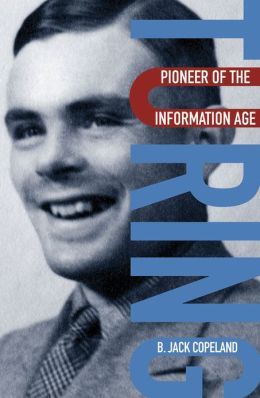 “All truth is comprised in music and mathematics,” Margaret Fuller wrote in the middle of the nineteenth century as she was changing the fabric of the time. Exactly one hundred years after her untimely death, another tragic hero of another century, whose mind would shape the epochs to come, united these twin truths in a single, rapturous force-field of possibility on the pages of a programming manual containing the first instr...
“All truth is comprised in music and mathematics,” Margaret Fuller wrote in the middle of the nineteenth century as she was changing the fabric of the time. Exactly one hundred years after her untimely death, another tragic hero of another century, whose mind would shape the epochs to come, united these twin truths in a single, rapturous force-field of possibility on the pages of a programming manual containing the first instr...
September 26, 2021
Love, Death, and Whitman: Poet Mark Doty on the Paradox of Desire and the Courage to Love Against the Certitude of Loss
Love and death come to us on common terms — unbidden and total, impervious to protest, naked of pretension. They also come to us entwined: Every love is a franchise of grief, for to love anything is to accept its loss — by ...
September 24, 2021
Place, Personhood, and the Hippocampus: The Fascinating Science of Magnetism, Autonoeic Consciousness, and What Makes Us Who We Are
“Place and a mind may interpenetrate till the nature of both is altered,” the Scottish mountaineer and poet Nan Shepherd wrote in her lyrical love letter to her native Highlands, echoing an ancient intuition about how our formative physical landscapes shape our landscapes of thought and feeling. The word “genius” in the modern sense, after ...
September 20, 2021
Between Restlessness and Rapture: Autumn and the Sensual Urgency of Aliveness
When autumn comes with its ecstasy of sweetness in the orchard and its symphony of color in the forest, it staggers us with something difficult to name, some bewildering harmonic of the transcendent and the transient — each ripening apple an aria of delight, each bright falling leaf a sigh, a homily, a dirge without music.
Looking back on her li...
September 19, 2021
The Good Luck of Your Bad Luck: Marcus Aurelius on the Stoic Strategy for Weathering Life’s Waves and Turning Suffering into Strength
Most people live with a great deal more suffering than is visible to even the most proximate and sensitive onlooker. Many have survived things both unimaginable and invisible to the outside world. This has been the case since the dawn of our species, for human nature has hardly changed beneath the continually repainted façade of our social sanctions — human beings have always been capable of inflicting tremen...
September 17, 2021
The Gifted Listener: Composer Aaron Copland on Honing Your Talent for Listening to Music
“Even poetry, Sweet Patron Muse forgive me the words, is not what music is,” the poet Edna St. Vincent Millay wrote to a friend, adding the requisite flamboyance of a 1920s radical: “Without music I should wish to die.”
Months after Millay’s death, Harvard offered its prestigious Charles...

